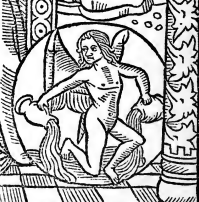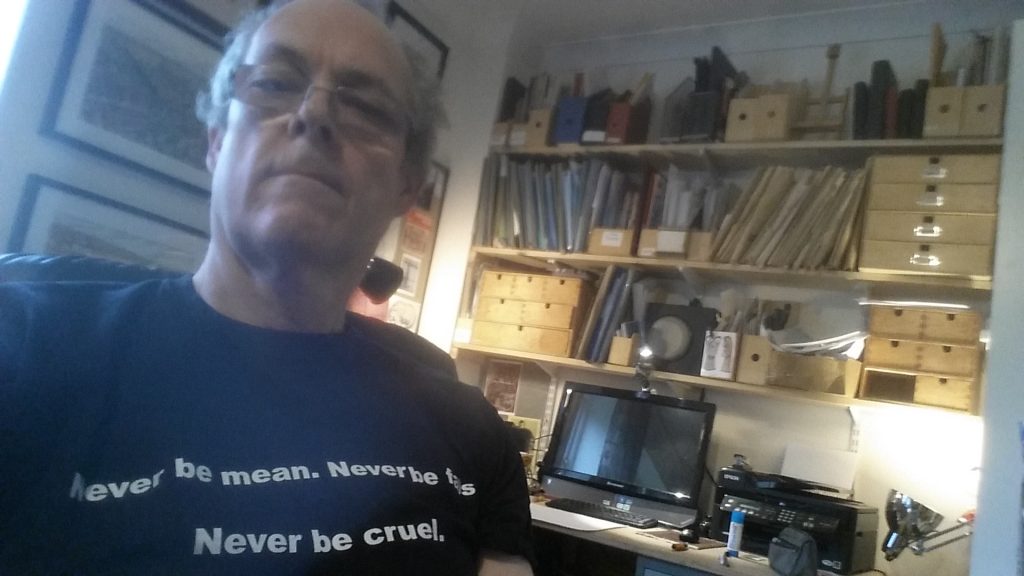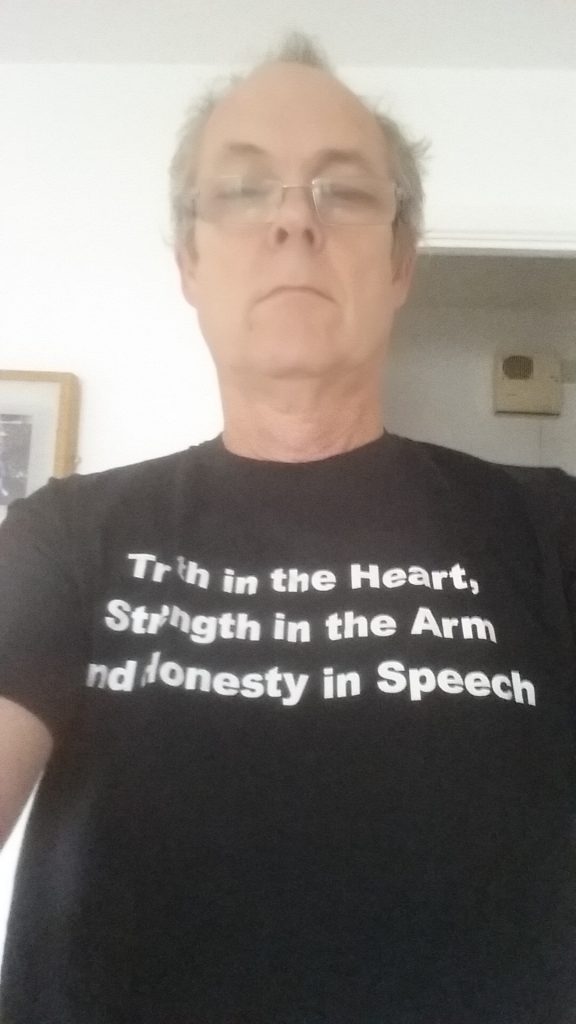
The Sun enters the house of Aquarius
‘The man born under Aquarius shall be lonely and ireful; he shall have silver at 32 years; he shall win wherever he goeth, or he shall be sore sick. He shall have fear on the water, and afterwards have good fortune, and shall go into divers strange countries. He shall live to be 75 years after nature.’
‘The woman shall be delicious, and have many noises for her children; she shall be in great peril at 24 years and thereafter in felicity. She shall have damage by beasts with four feet and shall live 77 years after nature.
The Kalendar of Shepherds, 1604 (quoted in the Perpetual Almanac by Charles Kightly)

Resolutions & Predictions
The Kalendar of Shepherds predictions for those born in Aquarius, (see above) are so specific they cannot help but be wrong for most people. The art of the prophecy, surely, is to be vague, be general and to know human nature.
By the 21st of January, we should have an idea of whether we are going to keep to your resolutions or not. And perhaps we should now be tuning them or adapting them to fit our lives as actually lived, rather than on our pious hopes.
Last year, on January 21st, I had a chat with a taxi driver on the way to the railway station after my Uncle Brian’s Funeral. The driver told me that funerals make him wonder how his behaviour might influence the number of people who will, one day, make that special effort to turn up at his funeral. He was a young Asian guy, so he was thinking ahead quite some way.
I replied that ‘Funerals make me reflect on how much time I have spoiled by not being fully engaged in the moment’. All those conversations where my mind wandered, those radio programmes I only half heard as I tried to read a book at the same time, those train journeys, walks in the woods or along the canal while listening to headphones, those visits to relatives where I rushed back to get home as quickly as possible. Being present in the moment was, I said, perhaps, the key to improving the quality of life and interactions with others
We continued chatting through the short journey and as we arrived in the forecourt of the station he suggested we exchange a final bit of wisdom. As we had been talking about history, I turned to Charles Dickens and told him Betsy Trotwood’s words to David Copperfield:
“Never,” said my aunt, “be mean in anything; never be false; never be cruel. Avoid those three vices, Trot, and I can always be hopeful of you.”
Charles Dickens, David Copperfield
I said that Betsy’s words stem from Charles Dickens’ belief that the key to progress in the world was to ignore the dogma of religion but to live by just one tenet: Treat people as you want to be treated by others.
In return, he told me of an Islamic teacher who responded to his enquiry as to how he could be sure of salvation given all the many (possibly conflicting) moral teachings and texts there were. The answer was, if he lived wisely and thoughtfully on his impact on others, he could be sure of salvation.
By this time I had missed my train, but the two of us had had a moment of connection, and there are plenty of trains from Guildford to Waterloo.
T-shirts

I have a lot of t-shirts with quotations from history on them. I suspect I am one of the very few people who store his t-shirts in chronological order. Above is the first, and the last is
“You can’t always get what you want
But if you try sometime you’ll find
You get what you need”
Rolling Stones.
End note
Dickens philosophy was based on the broad understanding of Christianity, as expressed in these two quotations:
“Thou shalt love thy neighbour as thyself” (Matthew 22:37–39).
“Do to others as you would have them do to you” (Luke 6:31).
First written on 21st January 2023, revised January 2024.
Discover more from And Did Those Feet
Subscribe to get the latest posts sent to your email.
